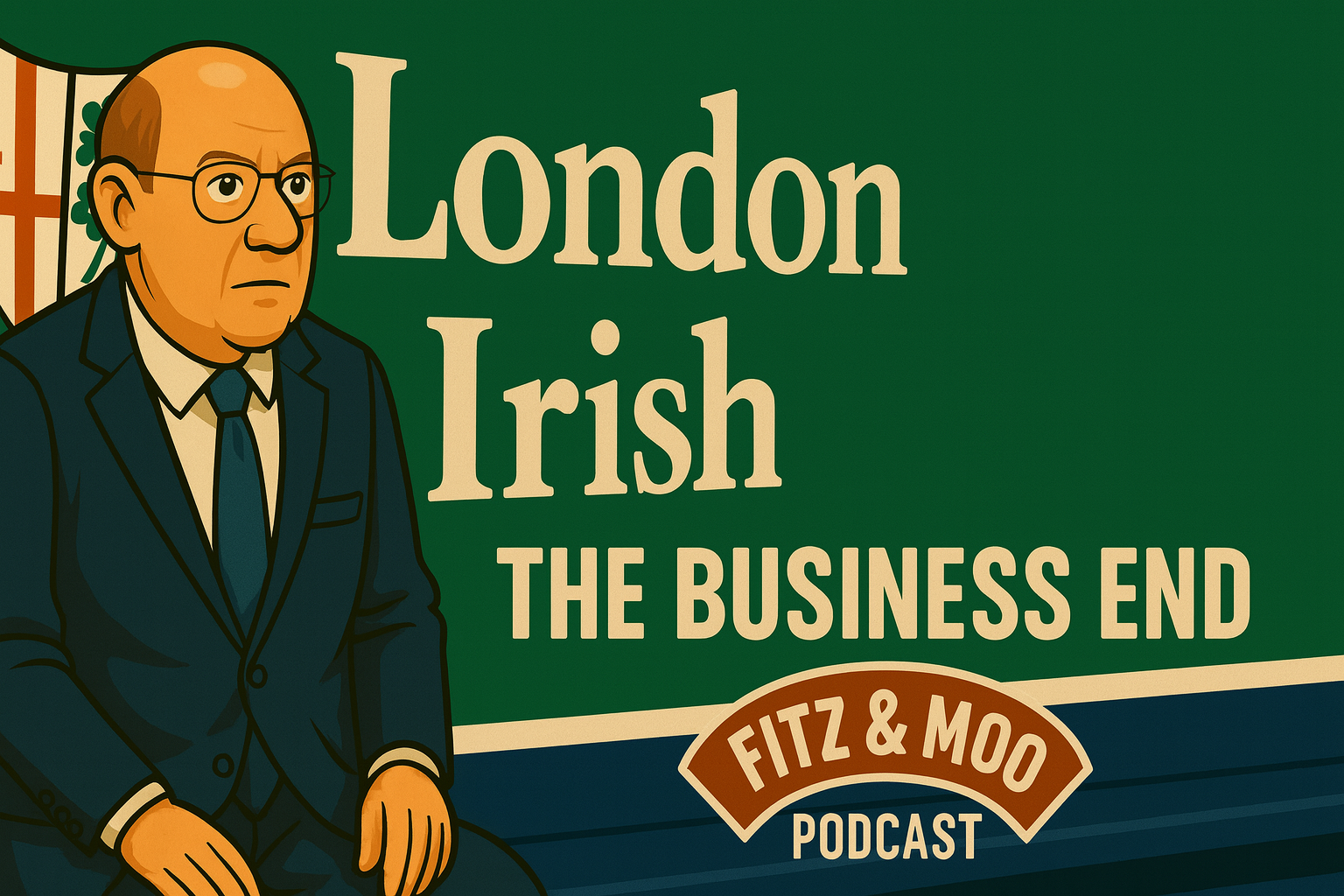
Fearless Leadership: Dick Best’s Playbook for Winning Under Pressure
The chambermaid didn’t hesitate. England’s Lions coach Dick Best had barely stepped out of the shower in Christchurch when she told him his scrum-half couldn’t pass off his left hand. She was right. In New Zealand, even the cleaners know rugby and leaders had better listen.
That moment captures everything about Dick Best’s approach to leadership: fearless honesty, relentless standards, and a refusal to ignore uncomfortable truths. Whether guiding England to a Grand Slam, taking the Lions toe-to-toe with the All Blacks, or dragging London Irish from relegation candidates to Premiership mainstays, Best built his career on principles that resonate far beyond the rugby pitch.
In an era where pressure exposes leaders daily from boardrooms to start-ups, the lessons of a coach who thrived in unforgiving environments deserve attention.
Lesson 1: Raise Standards Before Chasing Results
When Best took over England in 1991, they had just lost a World Cup final. Facing a room of legends with over 1,000 international caps, his first act wasn’t to flatter their experience but to call them out.
One player suggested, “If it’s not broken, don’t fix it.” Best didn’t flinch: “You just lost the World Cup final. That’s broken.”
His solution was to create a “game plan B” , an expansive style of play to complement England’s traditional forward dominance. The results came fast: England scored more tries in the 1992 Five Nations than ever before and lifted a Grand Slam.
Business Translation: Too often, companies celebrate survival as success. But if you’re clinging to one way of winning, you’re already exposed. The best leaders raise standards before results demand it. They build new strategies, new capabilities, and new markets before cracks appear.
Ask yourself: are you still playing with just a Plan A?
Lesson 2: Empower Ownership, Not Obedience
At London Irish, Best inherited a club that was in a fight for its Premiership. Survival required more than tactics, it required belief. Instead of dictating from the top, he shifted responsibility onto the players.
Halftime reviews became player-driven. Checklists on scrums, line-outs, and kick-offs weren’t coach-led monologues but conversations where players owned the fixes. Monday meetings turned into forums where mistakes were surfaced, addressed, and converted into the week’s priorities.
Over time, the squad realized they were dictating their own destiny. “My dream,” Best reflected, “was to make the coaches redundant.”
Business Translation: Obedience is fragile. Ownership is resilient. Leaders who push accountability down create teams that think, adapt, and solve problems in real time whether in a ruck or a quarterly review.
Lesson 3: Culture Eats Everything
London Irish weren’t blessed with financial resources. Training was at night to accommodate two Oxford students until Best changed it. Nicknames shifted subtly, rituals reset, personal accountability raised. He walked into an environment looking for results and rebuilt its culture.
The proof came not in the budget sheet but on the field. Irish became a team opponents feared, not because of money but because of culture.
Business Translation: Culture isn’t a slogan. It’s the operating system of your organization, the invisible rules that shape how people act when no one is watching. Change the culture, and performance follows. Ignore it, and no strategy survives.
Lesson 4: World-Class Basics Win
Best loved flair, but he knew fundamentals decide contests. That chambermaid in Christchurch wasn’t just making small talk. She was pointing out world-class basics: body position, passing accuracy, ruck height. And she was right.
At London Irish, the mission statement was simple: “We’ll be the fittest and hardest team in the league. We’ll win games in the last 10 minutes.” Even if the squad wasn’t truly fitter than everyone else, belief in that identity became a competitive edge.
Business Translation: Complexity is seductive. But world-class organizations execute basics flawlessly: disciplined communication, relentless preparation, ruthless clarity. When the pressure comes, it’s not strategy decks that save you, it’s fundamentals delivered without fail.
Lesson 5: Care, Empathy, and Brutal Honesty
Perhaps Best’s most overlooked trait was his empathy. He picked up a player’s children from school when life got messy, knowing the player couldn’t face the embarrassment. He cared for people beyond the scoreboard.
But care didn’t mean softness. He once threatened to leak to the press when an RFU treasurer refused to reimburse a £30 babysitting expense after England had just grossed millions from a Grand Slam. For Best, standards applied to everyone, from boardroom to boot room.
Business Translation: Great leaders balance empathy with candor. They show people they matter, while also refusing to tolerate nonsense. Care without standards breeds mediocrity. Standards without care breed burnout. Put the two together, and you build loyalty that lasts.
“Standards lead to results. Culture leads to winning. And if you don’t care about people, you’ll lose them.” — Dick Best
Final Reflection: The Fearless Standard
Dick Best never hid behind politeness or politics. He challenged players, boards, and even chambermaids. He cared deeply and demanded relentlessly.
For today’s executives, the message is stark: leadership under pressure isn’t about having all the answers. It’s about creating the environment where people own the standards, culture drives performance, and the basics are never compromised.
The question for every C-suite leader today is this:
👉 When the pressure hits, are you fearless enough to raise standards, empower ownership, and still care for your people?
What’s your ‘game plan B’? Share your thoughts below and join the conversation on how leaders raise standards under pressure.
>>🎙 Watch the full Willie Anderson episode <<
🎙 Subscribe to The Business End for more fearless leadership lessons. https://linktr.ee/the_business_end


Post a comment: